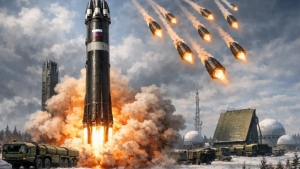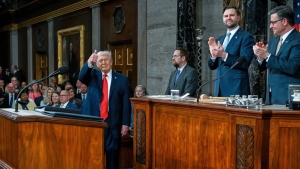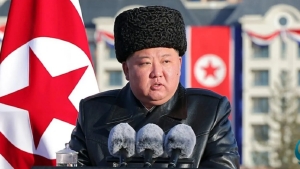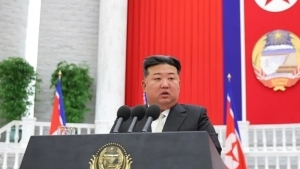There are greater global threats than nuclear war
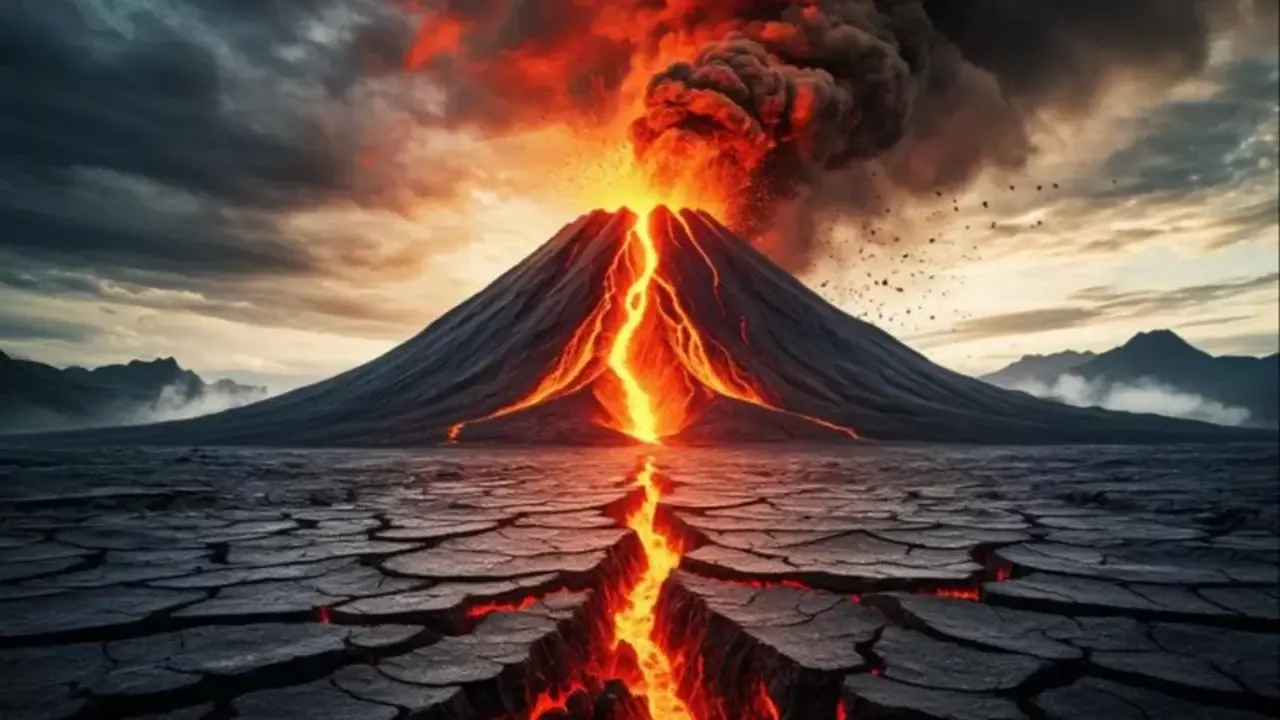
Nuclear war poses a serious danger to humanity, but according to scientists, there are even greater threats in the world. This was reported by Zamin.uz.
These threats are based more on scientific research and historical data than on science fiction. Some of them could pose a significant global risk to humanity.
Firstly, there is the phenomenon of supervolcanoes. A supervolcano differs from a regular volcano; it is located underground and can destroy an entire continent.
For example, the Yellowstone supervolcano in the USA is a major source of danger. Scientists believe that its eruption could dry out surrounding areas and potentially lead to a global climate cooling.
Secondly, the impact of asteroids on Earth is also a major threat. It is known from history that 66 million years ago, the Chicxulub asteroid impact caused the extinction of the dinosaurs.
Modern astronomers constantly monitor large asteroids, but this threat still exists. Thirdly, there is the risk of new pandemics.
In the 21st century, the COVID-19 pandemic had a significant impact on the global economy and lifestyle. New viruses and risks in the field of bioengineering could pose more danger than international wars.
Fourthly, global climate change is a major problem for humanity. Due to climate change, floods, droughts, migrations, and the melting of glaciers occur.
For example, the release of methane gas from the permafrost in Siberia creates a significant threat to our planet. Fifthly, there are also artificial intelligence and technological risks.
Although technologies make life more convenient, the development of artificial intelligence may bring new threats. These threats could negatively affect people's ability to compete.
Additionally, cyberattacks can damage global infrastructure. The economy, transportation, healthcare, and military sectors could suffer serious harm from cyberattacks, which would negatively impact human life.
Thus, besides nuclear war, there are several global threats that endanger humanity. To prevent them, it is necessary to strengthen science, technology, and international cooperation.


